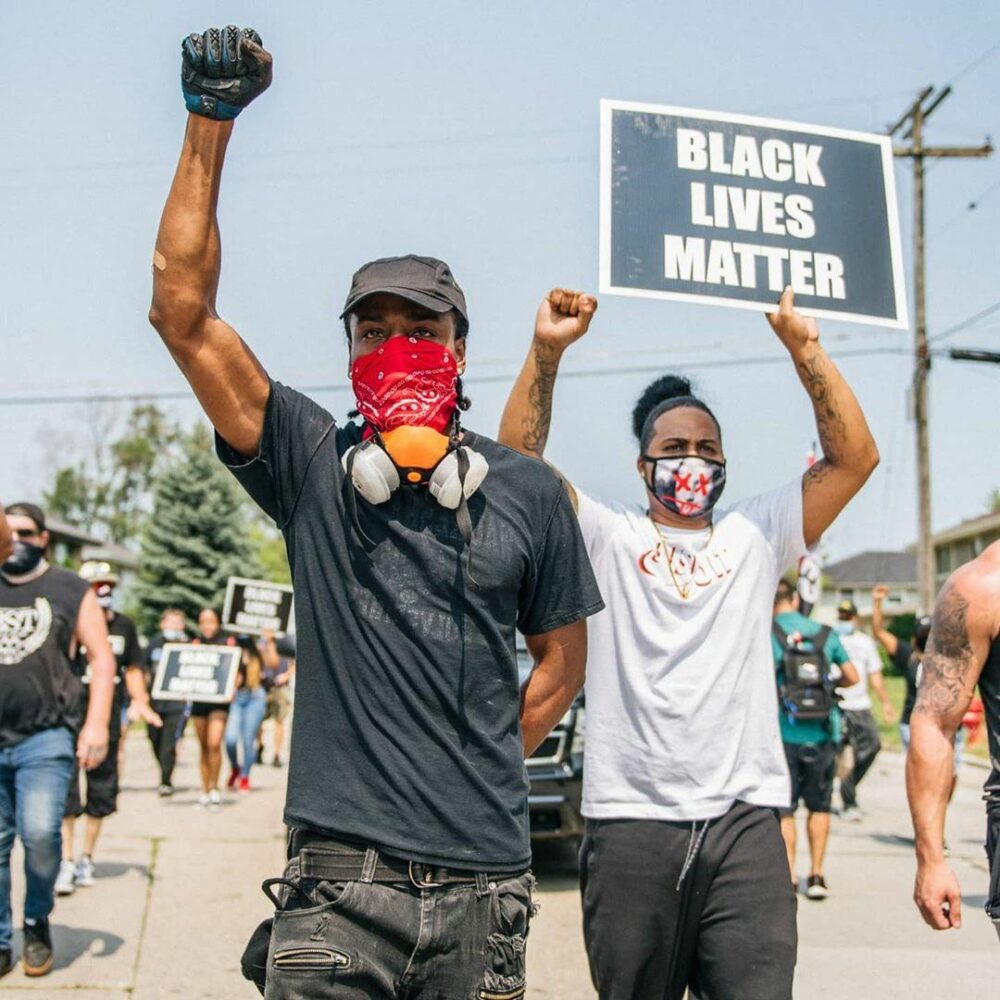Prashant Bhushan on August 14, 2020, was held guilty of contempt by the Supreme Court for two tweets against India’s judiciary and Bhushan filed a petition seeking review for the judgement.
On August 19, Bhushan sought deferment of the hearing with respect to the contempt case, until a review petition was filed and considered by the apex court.
The final hearing for the punishment which was slated for August 20, 2020, refused Bhushan’s plea for deferment and gave him time till August 24 to apologize or accept his punishment.
On August 25, the three-judge bench comprising Justices Arun Mishra, B.R. Gavai and Krishna Murari said criticism is welcome, but one “should not attribute motives to judges”.
Justice Arun Mishra, who headed the bench asked, “What is wrong in seeking an apology? Is it a sin to apologise? Will that be a reflection of guilt? ‘Apology’ is a magical word which can heal. You will all go to the category of Mahatma Gandhi if you can apologise” on August 25.
While refusing to submit an unconditional apology, Prashant Bhushan said, “If I retract a statement before this court that I otherwise believe to be true or offer an insincere apology, that in my eyes would amount to contempt of my conscience and of an institution that I hold in the highest esteem,” on Tuesday.
Rajeev Dhavan, a senior advocate who represented Bhushan said, “the institution will collapse if it does not suffer extreme criticism. This court can only survive on the basis of strong criticism”.
The hearing for the 2009 contempt case against Bhushan has been adjourned by the apex court until September 10. By refusing to acquit Bhushan of his ‘crime’ the Supreme Court is trying to quell dissent against itself and is, de facto, standing in judgement of itself.
To punish a person who criticizes the court in the 21st century is anachronistic and orthodox in nature. The court is intolerant and cannot digest the fact that it has some deeply ingrained flaws which were highlighted by Bhushan. By not clearing his name, the court further solidifies the fact that it is afraid of dissent and anyone who disagrees with the judiciary will be punished. This is an attack on the Right of Freedom of Speech and Expression granted constitutionally to everyone. At stake are liberty and justice, justice which the Supreme Court failed to serve, to Bhushan, and in retrospect free speech too.
Also read-Prashant Bhushan, Supreme Court, And The “Priorities”
[zombify_post]




